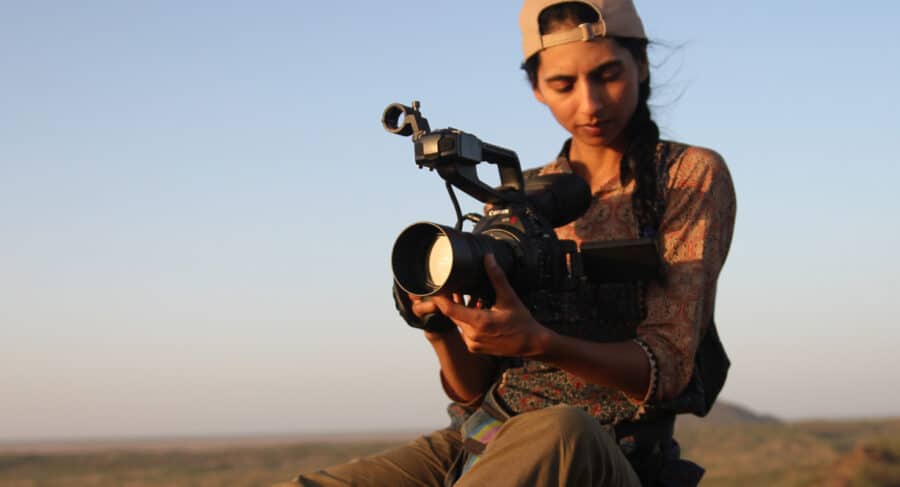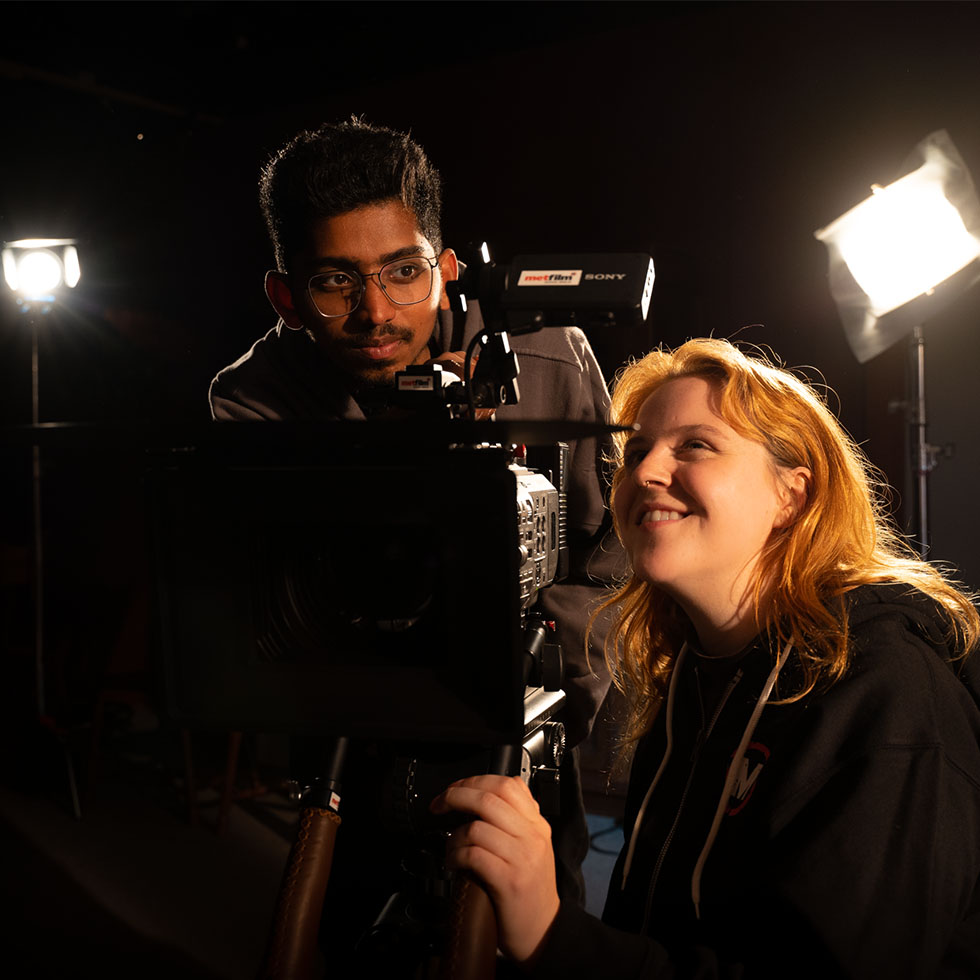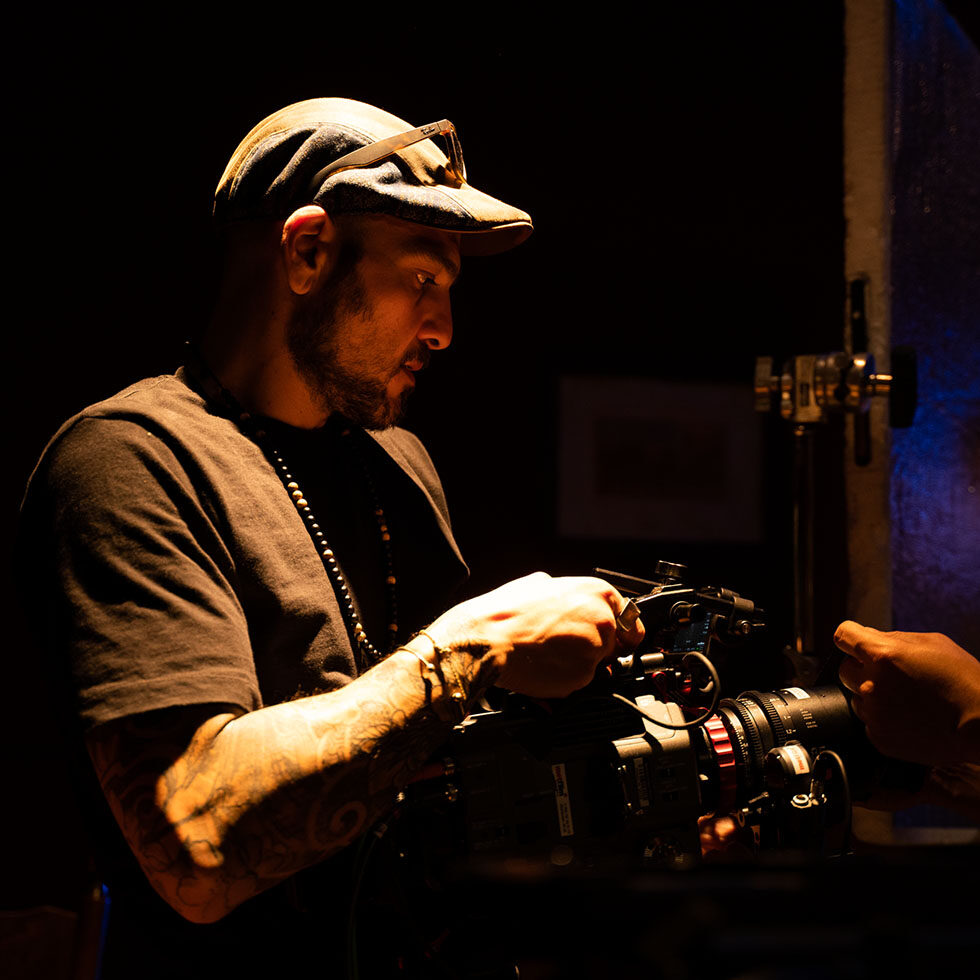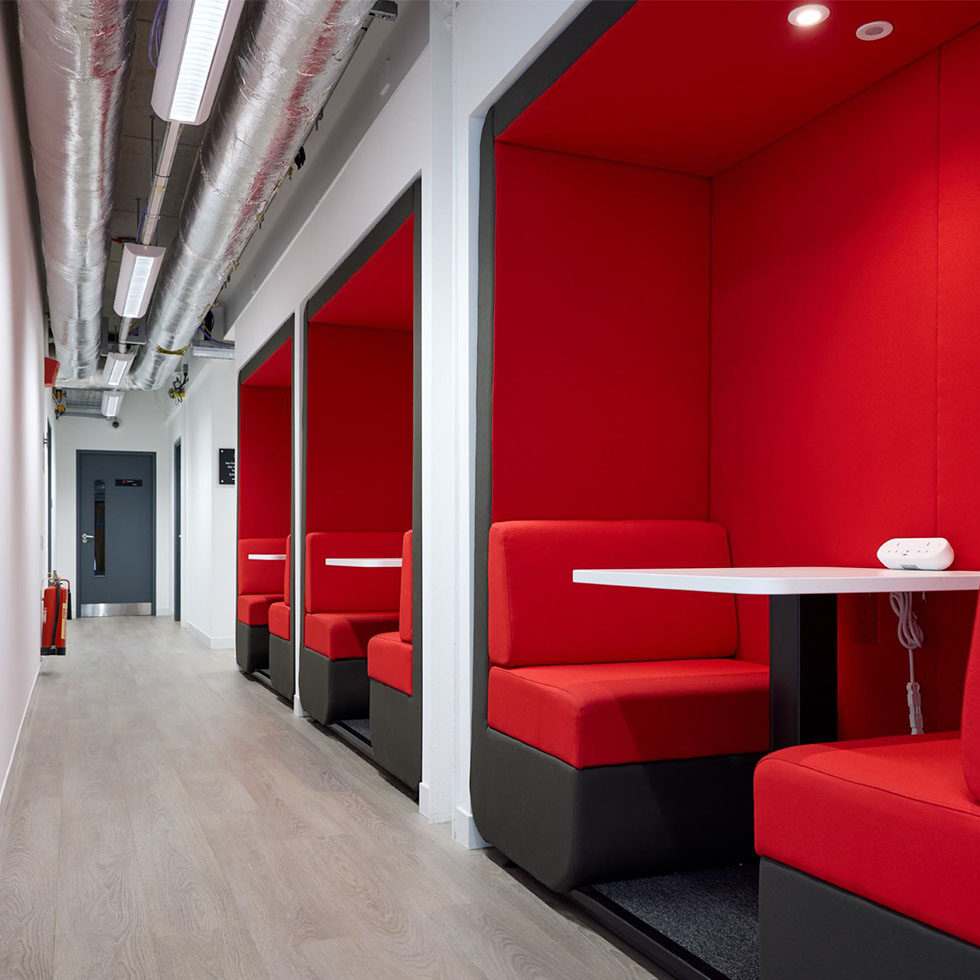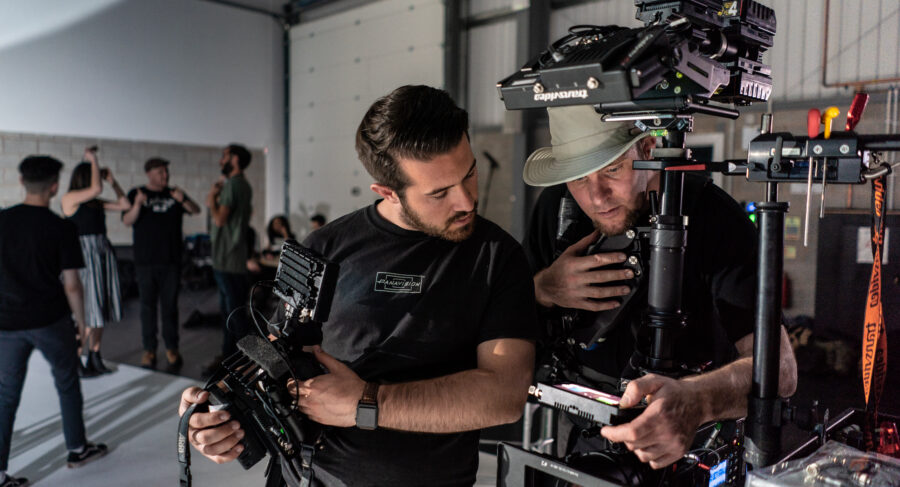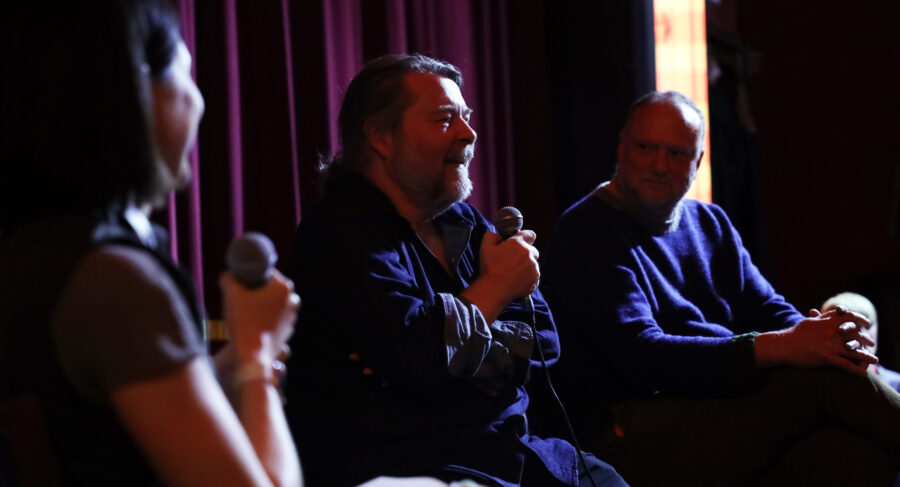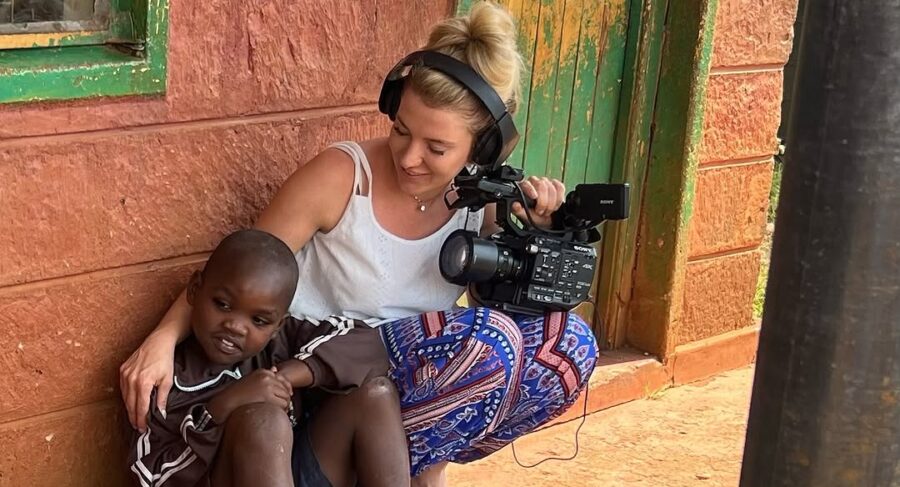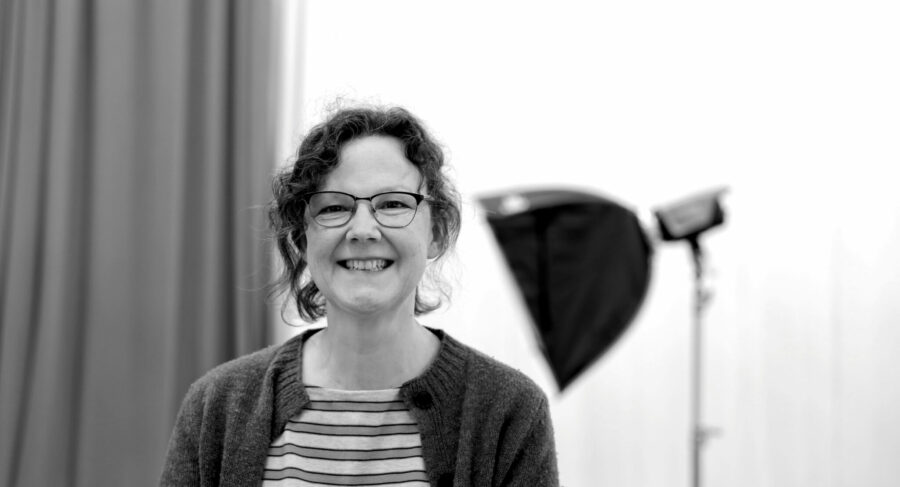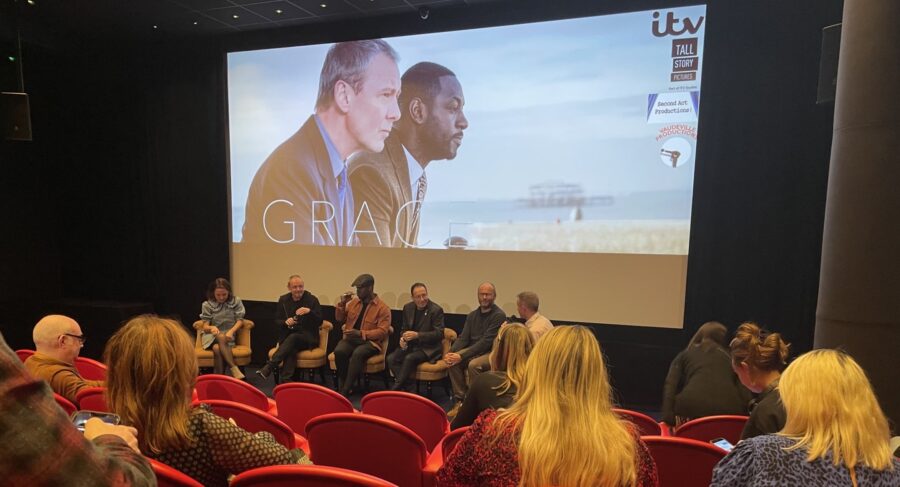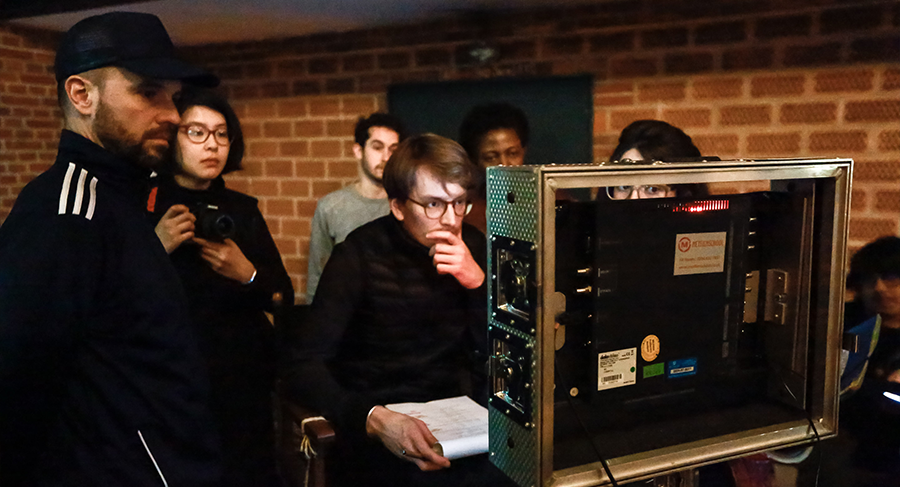This module helps candidates with a business background to prepare for scholarship in the creative industries – and encourages those with experience as artists and performers to approach their subject from a business perspective. It introduces the commercial and cultural backstory of our four subject fields: screen and film, games, performing arts, and music. Via supportive discussion, enquiry and experimentation students develop a critical approach to their own creative industries projects and develop the skills necessary for successful postgraduate research.
An advanced investigation of resource management and human resources this module explores how we manage people, financial assets and physical resources in the creative industries – a sector where project-based work, freelance labour, and rapid technological change are commonplace. Via issues such as diversity, collaboration and labour rights it integrates the unique demands of creative teamwork in a highly dynamic environment. Students explore project and resource management, human resource management, and the role of leadership in fostering innovation and creativity. Through case studies and evaluations, they research legislation and practice in national and international contexts, striking a balance between artistic goals and commercial and legal obligations with an emphasis on operational effectiveness and legal compliance.
This module explores financial and legal frameworks in the creative industries. Students learn established principles whilst exploring the ever-shifting parameters of this rapidly evolving sector. This includes budgets and financial statements, copyright and IP, rights licensing, legal and financial risks, local and global perspectives – and how to apply this knowledge to a career in the creative industries.
This module requires students to research, develop and evaluate a digital marketing strategy. They appraise theoretical frameworks and develop analytical and practical skills, exploring the relationship between an organisation’s strategic aims and the opportunities presented by digital communications.
This is where candidates develop an entrepreneurial project of their own design. The possibilities are limited only by your imagination and ambition. Examples might include: the promotion of a creative arts output in film or theatre or music, the production of a film project or video game, a small business venture, an arts event, a music tour, innovations in digital technology, or social media content provision.
This module emphasises an inclusive and diverse approach, encouraging students to consider different cultural contexts and ethical considerations, encouraging entrepreneurial action that not only drives economic value but also fosters social impact.
This is where students identify and secure a work placement opportunity. The module develops applied research skills to help you generate ideas that can benefit a potential placement organisation.
By showing informed awareness of contemporary issues and trends, by identifying opportunities for innovation and growth, candidates maximise their potential to add value to the creative industries.
This module applies entrepreneurial and business management skills to global markets, identifying opportunities and challenges related to your chosen discipline. Students will research creative and cultural differences, navigate financial and legal systems from different locations and cultures, and implement strategies to explore the possibilities of international expansion.
This module evaluates the social, cultural, environmental and economic impact of the creative industries in a changing world. It explores how we mobilise progressive values via best practice in areas such as public trust, environmental impact and social responsibility. Students will critically apply ethical principles and sustainable practices in diverse business environments. They will develop personal responsibility and leadership skills necessary to address ethical dilemmas and promote sustainable business operations within creative industries. Using appropriate tools and templates, it applies socially responsible values and goals systematically, with clear practical outcomes supported by strong communications and teamwork.
Full module details will be available soon.
This is where everything comes together. Your final output can be a work placement report, an entrepreneurial project, or a master’s dissertation. It includes one hour per week of personal supervision and mentorship. This module presents an opportunity to realise your professional goals in the diverse and dynamic environment of the creative industries.
